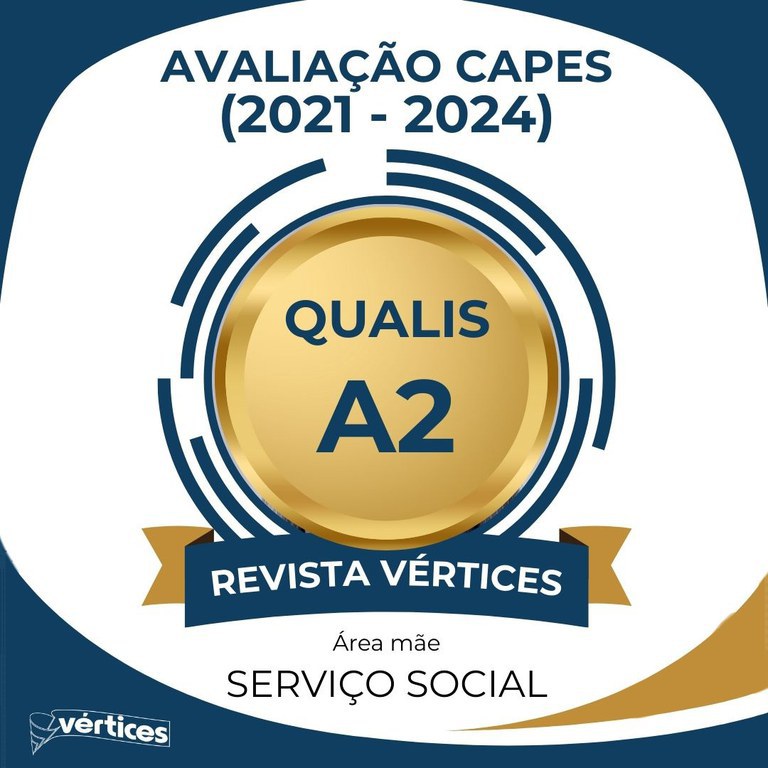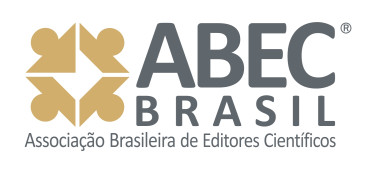Parámetros para una herramienta de Gestión de Conocimiento de Informática
DOI:
https://doi.org/10.5935/1809-2667.20080003Palavras-chave:
Productividad, Ambiente colaborativo, TIC, Gestión, ConocimientoResumo
Para que la información en acción genere productividad en las empresas debe ser un elemento diferenciador. Para lograrlo requiere de una aplicación sistemática y organizada que facilite un ambiente colaborativo en el que varios participantes conduzcan deliberaciones encaminadas hacia las decisiones del conocimiento en su contexto dentro del ambiente de trabajo, al relacionar los artefactos con los procesos de conocimiento que lo generan y modifican, por medio de la aplicación de parámetros que influyen en las herramientas TIC que ayudan en la toma de decisiones de la Gestión del Conocimiento.Downloads
Referências
BELLANDER, M. Workflow bottlenecks and problem areas influencing production management need in commercial printing. Proceedings of Intergrafica, Zagreb, 1997.
BOHN, R. Measuring and managing technological knowledge. Sloan Management Review, n. 36, p. 61-73, 1994.
BOLLAND, J. et al. Designing information technology to support distributed cognition. Organization Science 5(3), p. 456- 477, 1994.
BROWN, J. S. et al. Balancing act: how to capture knowledge without killing it. Harvard Business Review, May- June, p. 3-7, 2000.
CARRILLO, J. et al. Improving manufacturing performance through process change and knowledge creation. Management Science 46 (2), p. 263-288, 2000.
CHANG, A. et al. Managing resource sharing in the electronic age. AMS studies in library and information science. NY: AMS Press, 1996.
CIBORRA, C. Teams, markets and Systems: business innovation and information technology. Cambridge: Cambridge Univ. Press, 1993.
CLARK, K. B. The product development challenge: competing through speed, quality and creativity. Boston: Harvard Business School Press, 1994.
COURT, A. et al. The relationship between information and personal knowledge in new product development. International Journal of Information Management 17(2), p. 123-138, 1997.
CROSS, E. et al. The diversity factor: capturing the competitive advantage of changing workforce. Irwing Chicago, 1996.
DAVENPORT, T. et al. Working Knowledge: How organizations manage what they know. Boston: Hardvard Business School Press, 1998.
DRUCKER, P. Post capitalist society. N.Y.: Harper Business Press, 1993.
DRUCKER, P. Management challenges for the twenty first century. NY.: Harper Business Press, 1999.
FIELDING, R. et al. Web based development of complex information products. Communication of the ACM 41(8), p. 84-92, 1998.
IANSITI, M. et al. Developing products on Internet time. Harvard Business Review, sep-oct, p. 108-117, 1997.
INKPEN, A. Creating knowledge through collaboration. California Management Review 39(1), p. 123-140, 1996.
JASSAWALLA, A. et al. An examination of collaboration in high technology new product development process. Journal of Product Innovation Management 15, p. 237-254, 1998.
KLINE, P. et al. Ten steps to learning organization. 2. ed., Arlington Great Ocean Publishers, 1998.
KOPPIUS, K. Dimensions of intangible goods. Proceedings of 32nd. Hawaii Int. Conference on System Sciences, 1999.
LEONARD, Barton D. The role of tacit knowledge in group innovation. California Management Review 40(3), p. 112-131, 1998.
MANKIN, D. et al. Teams and technology. Boston: Harvard Business School Press, 1996.
MENDELSON, H. The information industries: introduction to the special issue, Information Systems Research 9(4), p. 1-4, 1998.
MEYER, M. et al. The design and development of information products. Sloan Management Review 37(3), p. 43-59, 1996.
NONAKA, I. Managing innovation self renewing process. Journal of Business Venturing 4, p. 299-315, 1989.
ODELL, C. et al. APQC International Benchmarking Clearing House and American productivity and Quality Center. Knowledge management: consortium benchmarking study final report. Houston, 1996.
PAZER, T. Modelling information manufacturing systems to determine information product quality. Management Science 44(4), p. 462-484, 1998.
RAMESH, B. et al. Supporting systems development using knowledge captured during requirements engineering 18(6). IEEE transactions on software engineering 18(6), p. 498-510, 1992.
RAMESH, B. et al. Supporting collaborative process knowledge management in new product development teams. Decision Support Systems 27 (1-2), p. 213-235, 1998.
ROBILLARD, J. The role of knowledge in software development. Communications on the ACM 42(1), p. 87-92, 1999.
ROBEY, D. et al. Information technology and organizational learning: a review and assessment of research. Accounting Management and Information Technology 10, p. 125-155, 2000.
SÁNCHEZ, R. et al. Learning and knowledge management. Wiley, The strategic management series, 1997.
SHAPIRO, C. Information rules: a strategic guide to the network economy. Boston: Harvard Business School Press, 1999.
SHAPIRO, C. et al. Versioning: the smart way to sell information. Harvard Business Review, Nov.- Dec., p. 16-114, 1998.
STORCK, J. et al. Knowledge diffusion through strategic communities. Sloan Management Review, Winter, p. 63-74, 2000.
TEECE, D. Research directions of knowledge management. California Management review 40(3), p. 289-292, 1998.
TEIGLAND, R. E. et al. Knowledge dissemination in global R & D operations: case study in three multinationals in the high technology electronics industry. Stockholm School of Economics, 1998.
TIWANA, A. Managing micro and macro level design process knowledge across emergent Internet information system families. London: Springer, 2000.
VARIAN, H. Versioning information goods. Proceedings of Digital Information and Intellectual Property. Cambridge MA, January, p. 1-13, 1997.
WEBSTER, M. English Dictionary. Merriam Webster Inc. 2000.
Downloads
Publicado
Edição
Seção
Licença
Copyright (c) 2023 Antonio Sánchez Ramírez, Luis Joyanes Aguilar

Este trabalho está licenciado sob uma licença Creative Commons Attribution 4.0 International License.
Os autores do manuscrito submetido à revista Vértices, representados aqui pelo autor correspondente, concordam com os seguintes termos:
Os autores mantêm os direitos autorais e concedem sem ônus financeiro à revista Vértices o direito de primeira publicação.
Simultaneamente o trabalho está licenciado sob a Licença Creative Commons Atribuição 4.0 Internacional (CC BY 4.0), que permite copiar e redistribuir os trabalhos por qualquer meio ou formato, e também para, tendo como base o seu conteúdo, reutilizar, transformar ou criar, com propósitos legais, até comerciais, desde que citada a fonte.
Os autores não receberão nenhuma retribuição material pelo manuscrito e a Essentia Editora irá disponibilizá-lo on-line no modo Open Access, mediante sistema próprio ou de outros bancos de dados.
Os autores têm autorização para assumir contratos adicionais separadamente, para distribuição não exclusiva da versão do trabalho publicada na revista Vértices (ex.: publicar em repositório institucional ou como capítulo de livro), com reconhecimento de autoria e publicação inicial neste periódico.
Os autores têm permissão e são estimulados a divulgar e distribuir seu trabalho online na versão final (posprint) publicada pela revista Vértices em diferentes fontes de informação (ex.: em repositórios institucionais ou na sua página pessoal) a qualquer tempo posterior à primeira publicação do artigo.
A Essentia Editora poderá efetuar, nos originais, alterações de ordem normativa, ortográfica e gramatical, com o intuito de manter o padrão culto da língua, contando com a anuência final dos autores.
As opiniões emitidas no manuscrito são de exclusiva responsabilidade do(s) autor(es).
























1.png)



